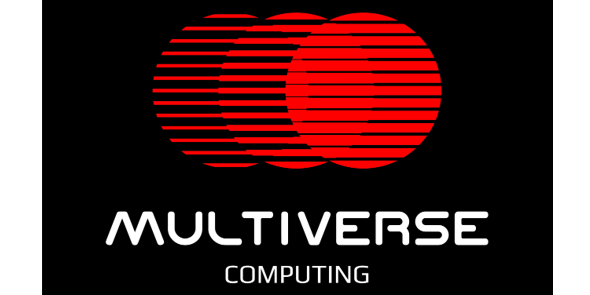DONOSTIA-SAN SEBASTIÁN, SPAIN – December 18, 2024 – AI and quantum company Multiverse Computing and the Bundesdruckerei Gmbs, the German federal government’s technology company, are exploring the potential of quantum and quantum-inspired solutions. The two companies recently completed two research projects that combined quantum-inspired software and data security expertise to build new prototypes that generate synthetic data more accurately than classic standard algorithms for machine learning. Together they investigated use cases such as improving privacy and utility of synthetic data generations as well as detecting fraudulent transactions in blockchain networks.
Quantum-inspired machine learning (QIML) provides an efficient and scalable approach by leveraging quantum theoretical principles such as tensor networks to manage large data sets and perform machine learning tasks more efficiently than classical techniques. One big advantage of these methods is their ability to compress and process data efficiently and accurately without losing critical information.
In the first project, the potential of a quantum-inspired algorithm for synthetic data generation was explored, with an emphasis on increasing privacy protections for sensitive data within large datasets. Synthetic data is crucial for providing accessible, scalable datasets while protecting privacy, reducing bias, and lowering costs. It enables model training when real data is limited or sensitive, making it a valuable tool in AI and simulation.
The teams started with a publicly available dataset and developed a synthetic data generation application based on a quantum-inspired AI model that incorporated differential privacy as an additional privacy layer to make the model resilient to adversarial attacks. The layer of protection added by differential privacy ensures that individual entries in a dataset cannot be reverse engineered by external or internal adversaries.
Data generated from this novel quantum-inspired software was compared to the results from a Generative Adversarial Network, a standard classical machine learning algorithm used to generate synthetic data. The quantum-inspired data generation model showed a 15% higher accuracy than the classical solution in generating synthetic data that closely matched the original data.
“There’s no doubt that we will continue to see new ways that quantum solutions can make AI stronger and more efficient in the service of protecting people and data,” said Enrique Lizaso Olmos, CEO of Multiverse Computing. “Our work with the team at Bundesdruckerei shows how to combine expertise of each technology leaders to explore the new generations of AI solutions by leveraging quantum and quantum inspired computing to raise the level of data privacy and cyber security.”
The other project focused on developing an AI solution to detect fraudulent transactions within a blockchain network using a quantum-inspired graph neural network and a quantum boosting machine learning algorithm. The results showed that the quantum-inspired approach achieved the same performance as the classical version while reducing AI Model-parameters significantly. This improved training time by 11% and inference time by 27%.
“The research cooperation with Multiverse Computing is a great addition to our research activities in the field of quantum technologies. It is very important for us to work together with the leading quantum industry players to explore new AI solutions in the quantum age, in particular in the context of data privacy and cyber security,” said Dr. Kim Nguyen, Head of Innovations of Bundesdruckerei GmbH.




